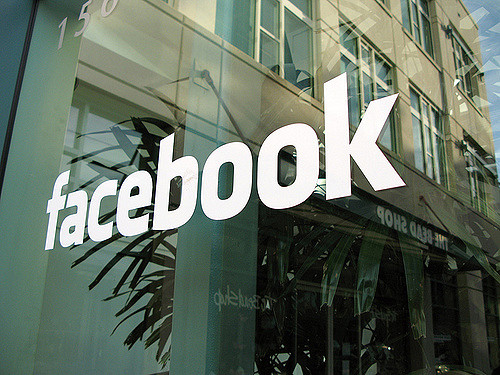Meta Unveils Long Term AI Use Case Potential

Photo Credit: Marco Paköeningrat/Flickr.com
Meta (Nasdaq: META), formerly Facebook, announced its quarterly results last week that outpaced market expectations. The market is also buoyed by the longer term vision for AI that Meta shared across its product portfolio.
Meta’s Financials
Meta’s Q2 revenues grew 22% to $39.07 billion, ahead of the Street’s expected $38.31 billion. This was the fourth consecutive quarter that Meta delivered a growth rate of over 20%. Earnings came in at $5.16 per share and were also ahead of the market’s forecast of $4.73.
Meta’s financials continued to benefit from its cost-cutting initiatives that it started in 2022. It has eliminated about 21,000 jobs over multiple rounds of layoffs and improved the operating income 58% from a year earlier to $14.9 billion. Its operating margin grew from 29% a year ago to 38%. Meta is divesting the reduced spend into investments in AI.
Among key metrics, Family daily active people (DAP) grew 7% to 3.27 billion on average for June. Ad impressions delivered across its Family of Apps increased 10% over the year. Average price per ad increased by 10% over the year.
Advertising revenue jumped 22% to $38.33 billion and revenue from other sources grew 73% to $389 million.
For the third quarter, Meta expects revenues to be in the range of $38.5-$41 billion, compared with the $39.1 billion average analyst estimate.
Meta’s AI Plans
Meta’s growth focus remains on building and leveraging AI capabilities across its portfolio. Across Facebook and Instagram, advances in AI are improving the quality of recommendations and are driving engagement.
Last quarter, it rolled out a full-screen video player and unified video recommendation service across Facebook. The initiative brings Reels, longer videos, and Live into a single experience and has allowed it to extend its unified AI systems. Over time, it plans to leverage AI to move towards a single, unified recommendation system that will power all content including things like People You May Know across all of its applications.
For advertisers, AI is going beyond helping them target specific audiences by providing them with access to an ad system that could better predict who would be interested. Additionally, Meta expects that AI will soon be able to generate creatives for advertisers as well as personalize this content for the viewers. Over the long term, Meta expects AI capabilities to improve to the extent that advertisers will provide a business objective and a budget, and its platform will define the approach.
Some of the other innovations launched through AI during the last quarter include it rolling out its AI assistant called Meta AI. Meta expects that Meta AI will be the most used AI assistant by the end of the year. While some of the use cases for Meta AI remain basic such as its ability to search for information, some of its other uses are more creative. For instance, its new Imagine Yourself feature lets users create images of themselves doing whatever they want in whatever style they want.
Last week, Meta launched AI Studio which will let users create AIs to interact with across its apps. The offering will allow creators to engage more with their communities. It will let them create AI agents that can direct them to chat with their community, answer questions, create content, and more. It is currently also running an alpha testing with businesses on the use of AI agents for their operations to make it easier for small businesses to drive sales and save money.
Meta believes that once at scale, AI agent activities will help it improve its business messaging revenue significantly. It expects AI to play a significant role in driving the growth of its metaverse and returns from the Reality Labs investments. It is already seeing strong demand for the Ray-Ban Meta glasses where demand is outpacing its ability to build.
It will be interesting to see how Meta finally delivers on its longer-term vision for AI use-cases. For now, its stock is trading at $475.73 with a market capitalization of $1.2 trillion. It hit a 52-week high of $542.81 earlier last month and a 52-week low of $274.38 a year ago.
The global stock market crash that happened yesterday did not spare Meta either. The US stock market reporting its biggest decline in the last two years. The fall was a reaction to the latest job market report, delay in the Fed’s decisions to lower interest rates, and the overall global market unrest – Japan’s Nikkei fell 12%, its biggest decline since 1987. While the biggest loss was suffered by Nvidia – down $325 billion, Meta also reported a rather significant $80 billion loss in its value.
More By This Author:
Cloud Stocks: Microsoft Trying Hard To Keep Up With AI DemandCloud Stocks: Analysis Of ServiceNow’s Raytion Acquisition
Cloud Stocks: IBM Gets A Boost from AI, Services Leads The Way
Disclosure: All investors should make their own assessments based on their own research, informed interpretations, and risk appetite. This article expresses my own opinions based on my own research ...
more


